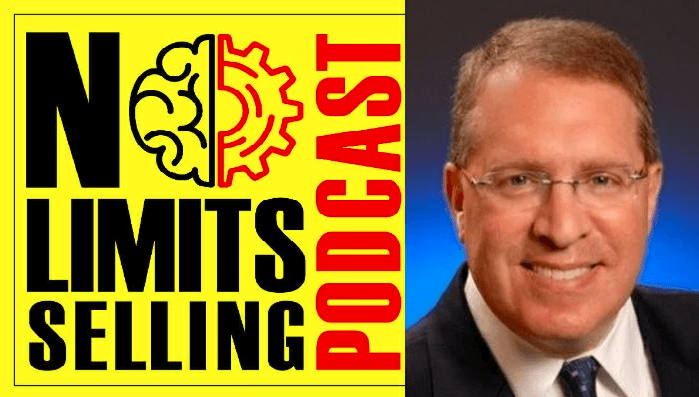Discover Your Purpose by Neil Katz
Neil helps his clients find the right path to attain their business and personal goals using his 30+ years of business and real estate knowledge and experience. Sometimes this means helping clients develop effective business strategies, secure capital and carefully analyze risks before assessing their business needs. Of note, Neil is a co-owner of Accelerent Baltimore.
At the end of the day, Neil's passion and desire to help others build wealth through careful and strategic planning and vision that drive him!
Podcast Highlights:
- True wealth comes from residue income
- Being fully present is an element of great leadership
- Challenge your people that's an excellent way to help them grow

Summary
Neil Katz's Background
Neil recalls a memorable walk with Umar in 2004-2005 where Umar helped him process some challenges. Neil describes himself as ADHD, which he sees as both a blessing and a curse. He has owned a commercial real estate brokerage firm for 20 years and has ventured into various entrepreneurial activities, including investments and consulting. He also runs CEO groups.
Discover Your Purpose
Umar recalls a session with Neil where they used index cards to uncover Neil's purpose. Neil's purpose was related to helping others, which brings him joy and fulfillment.
Accelerant Organization
Neil discusses his involvement with Accelerant, an organization he partly owns. He joined as a member and later became an investor. The organization focuses on building relationships and trust, aligning with Neil's purpose.
Superhero Insights
Neil shares that his favorite superhero is Superman due to his kindness, care for others, and incorruptibility. Umar explains that the superhero question provides insights into a person's character.
Mentorship and Legacy
Neil identifies his father as his primary mentor, praising his humility, dedication, and work ethic. Neil's father's ability to balance work with family and his commitment to helping others left a lasting impression on Neil. Neil also emphasizes the importance of leaving a legacy and making a meaningful impact on the world.
Leadership and Mentorship
Neil believes trust is crucial in leadership. Leaders should lead by example and never ask their team to do something they haven't done themselves. He also emphasizes the importance of pushing individuals to reach their potential. Neil identifies himself as a relationship builder and strategist but acknowledges the need for detail-oriented partners to complement his strengths.
Conclusion
The podcast delves into Neil Katz's journey, values, and aspirations. Through his experiences and insights, listeners gain a deeper understanding of leadership, mentorship, and the importance of purpose in one's life.
Questions & Answers
Who is Neil Katz?
What is the significance of the "Superhero Insights" image associated with the podcast?
Does Neil Katz share personal experiences related to sales processes in the podcast?
What is Katz's overarching message about sales processes?
How can listeners benefit from the insights shared by Neil Katz?
What's the key takeaway from the podcast with Neil Katz?
Don’t miss this opportunity to transform your real estate career with one-on-one coaching. As an experienced real estate coach, I, Umar Hameed, am dedicated to helping you unlock your full potential and achieve your real estate goals. To learn more about who am I and my clients ↓
If you’re ready to take the next step, book an appointment with me today and begin your journey toward success in the real estate industry.
